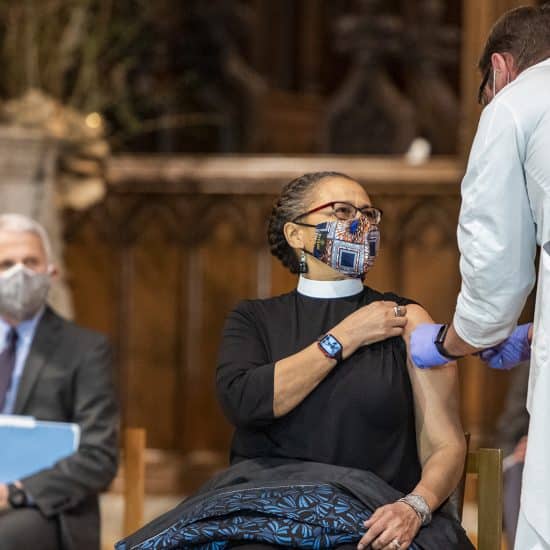By Jennifer Harris & John Hall
Word&Way and Texas Baptist Communications
Ministers’ wounds can cause them to question — or even abandon — their call to ministry. But what wounds a minister?
“There is a great deal of idealism wrapped up in a pastor’s desire to serve people through the church and to serve people in the church,” said Baptist General Convention of Missouri congregational health team leader Bob Perry. “The reality usually doesn’t match.”
This gap between expectation and reality often leads to a degree of disillusionment when pastors find their churches are less than the ideal they had hoped.
In seminary, pastors study this ideal, but often aren’t prepared to deal with the situations they actually encounter, Perry said. “Ministers sometimes lack some of the basic leadership skills.”
They need to know how to work with people and understand the power structure in the church, he said.
Ron Herring, director of the Baptist General Convention of Texas congregational leadership team, agreed. “Probably the thing they (ministers) do most often is assume they have more authority than they do.”
They try to make rapid changes without understanding the unspoken value system of the particular congregation, he said.
Young ministers don’t even know which questions to ask to help determine expectations, said Emily Row Prevost, BGCT associate coordinator of leader research and product development.
“We have thrown our pastors into this work sort of sink or swim, and it’s getting harder to swim,” Herring said.
Expectations — for both the minister and the minister’s spouse — need to be made clear, Herring said. The previous pastor and spouse often create expectations for the new couple.
Another reason ministers are wounded is disappointment with people. Pastors come to expect that they will come under criticism with certain church members, but “they don’t expect their friends and supporters not to defend them,” Perry said.
Church conflict also can lead to broken relationships. Even if the minister is not the cause of or central to the conflict, he or she naturally is the focal point, Perry said. The division can be painful and hurtful to the minister and his or her family.
Failure to set appropriate boundaries also can be a source of ministers’ wounds. “It’s very easy not to set boundaries to protect your family, health or spiritual development,” Prevost said. “You’re doing God’s work.”
But help exists for ministers hoping to survive the battle. Organizations, such as the Ministering to Ministers Foundation (see story below), facilitate the healing process and can help pastors take the next step, Perry said.
Local directors of missions respond when ministers are facing trouble or are in pain. Baptist conventions also have staff to help local pastors.
Ministers who make it through wounded situations often point to their calling as the reason they made it. They know this is what God wants them to do, Prevost said.





